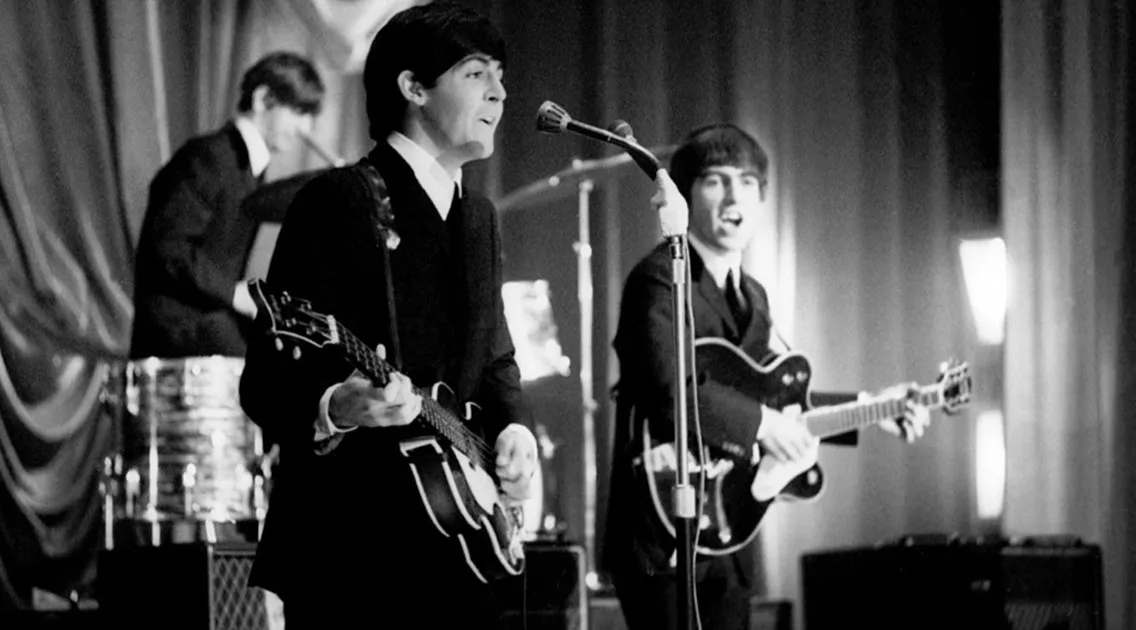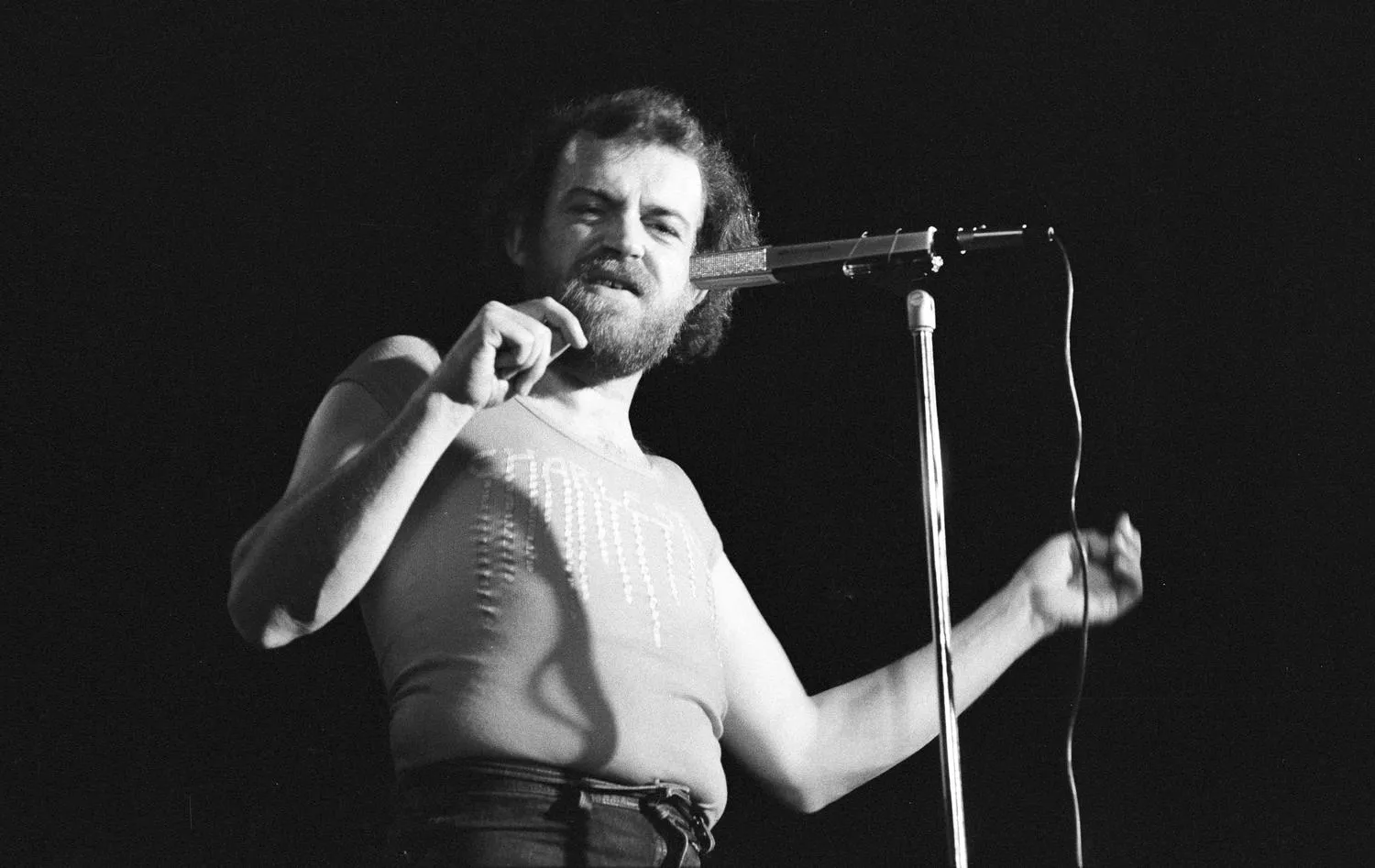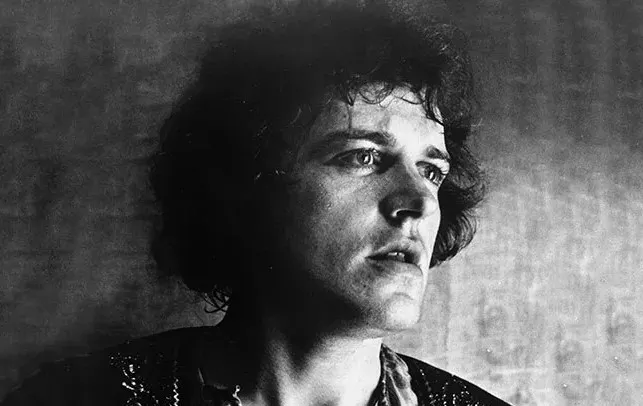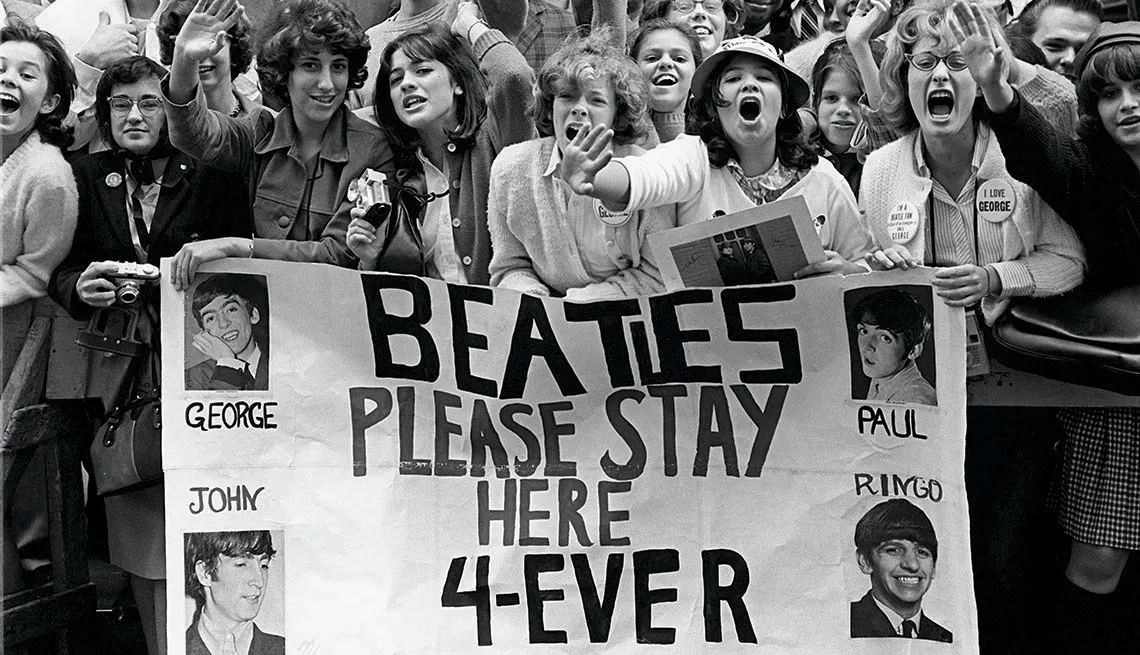The Beatles are more than just a band—they are a cultural phenomenon that has transcended time, influencing generations of music lovers around the world. With such a massive impact on popular culture, it's no surprise that their fans have earned a distinctive moniker: "Beatlemaniacs." But where did this term come from, and why has it stuck? In this article, we will explore the origins of the term "Beatlemaniacs," the phenomenon of Beatlemania, and the enduring legacy of the Beatles' fanbase.
The Origins of "Beatlemania"
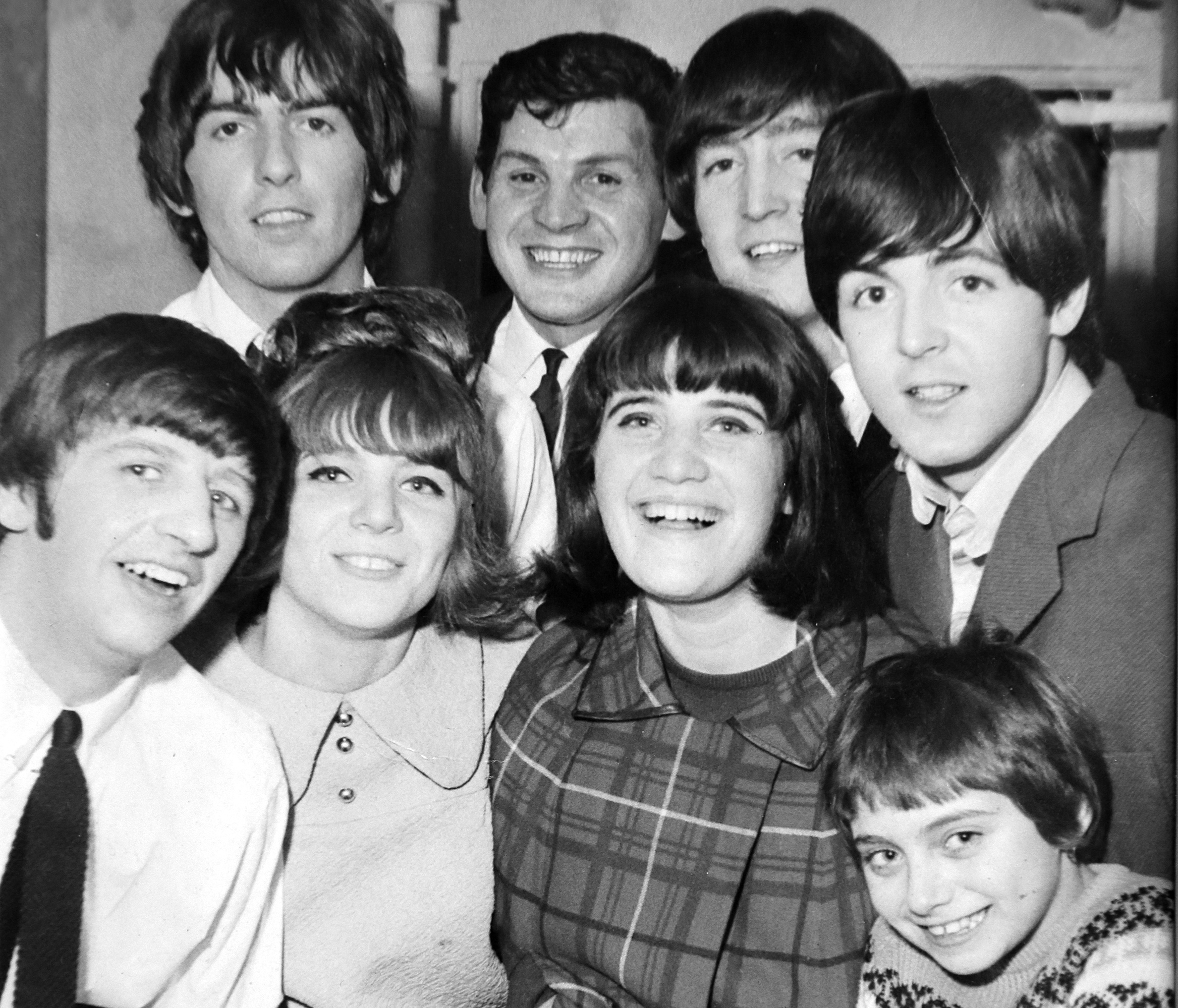
To understand why Beatles fans are called "Beatlemaniacs," it's important to first delve into the phenomenon known as "Beatlemania." This term was coined in the early 1960s to describe the intense fan frenzy that surrounded the Beatles, particularly during their rise to fame in the United Kingdom and later, the United States.
The Birth of Beatlemania
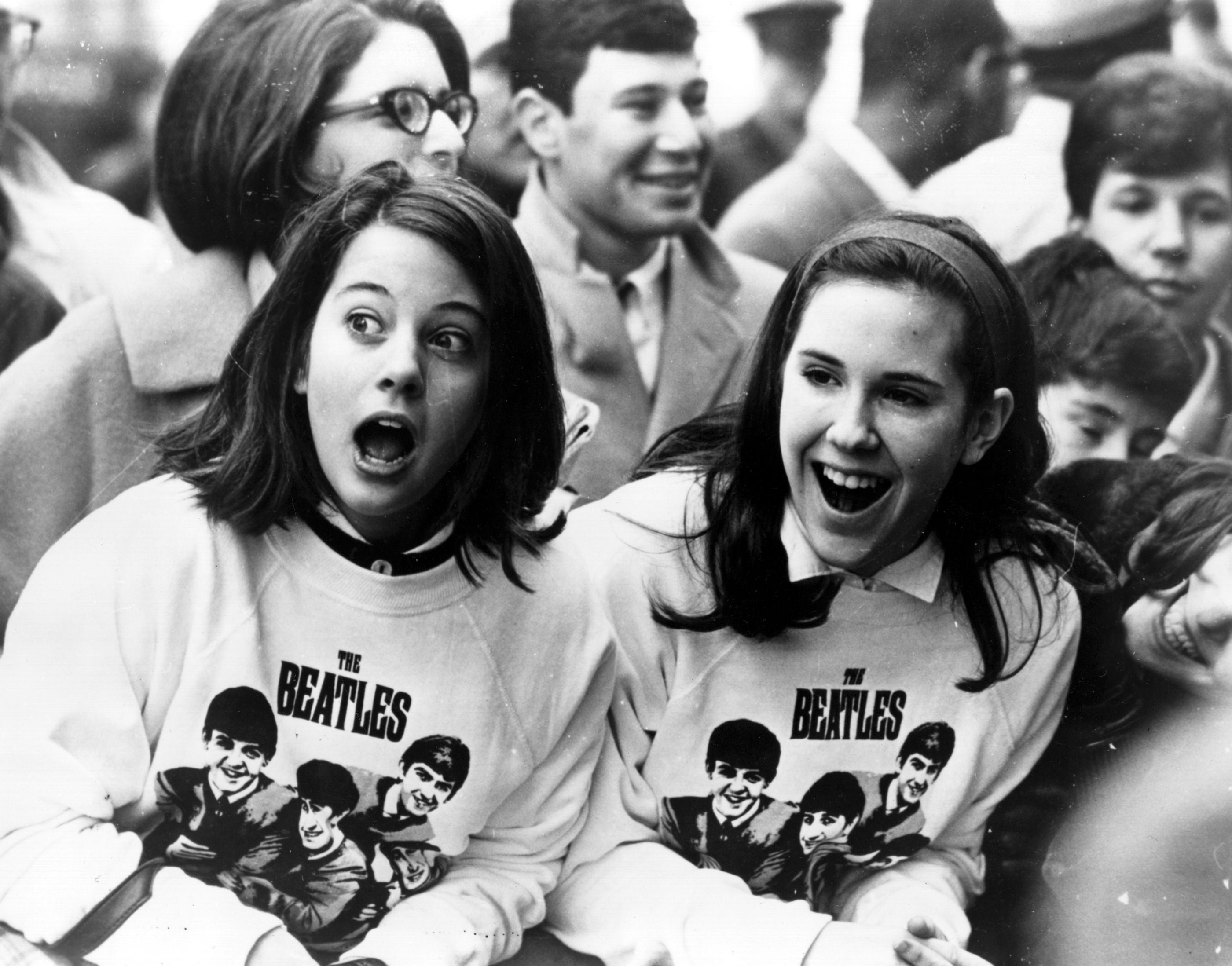
The seeds of Beatlemania were sown in Liverpool, England, where the Beatles—John Lennon, Paul McCartney, George Harrison, and Ringo Starr—began their journey as a band. Their early performances at venues like The Cavern Club attracted a growing number of enthusiastic fans, but it wasn't until their 1963 single "Please Please Me" topped the charts that the frenzy truly began.
By late 1963, the Beatles had become a national sensation in the UK, and their popularity quickly spread across Europe. The release of their debut album, "Please Please Me," followed by a string of hit singles, solidified their status as the hottest band in the country. Fans, particularly young girls, began to swarm their concerts, screaming uncontrollably, and mobbing the band members wherever they went. This overwhelming fan response was something the world had never seen before, and it led to the coining of the term "Beatlemania."
The Phenomenon Crosses the Atlantic

In February 1964, the Beatles made their historic debut on "The Ed Sullivan Show," marking the official start of Beatlemania in the United States. Their appearance on the show drew an estimated 73 million viewers, and the frenzy that had gripped the UK quickly spread across the Atlantic. The Beatles' first visit to America was met with unprecedented fan hysteria, with thousands of screaming fans greeting them at airports, hotels, and concert venues.
The Beatles' popularity continued to soar throughout 1964 and 1965, as they released a series of chart-topping albums and singles. The band embarked on several world tours, and wherever they went, they were met with the same level of intense fan devotion. The term "Beatlemania" became a global phenomenon, and it was during this time that the fans themselves began to be referred to as "Beatlemaniacs."
What It Means to Be a "Beatlemaniac"
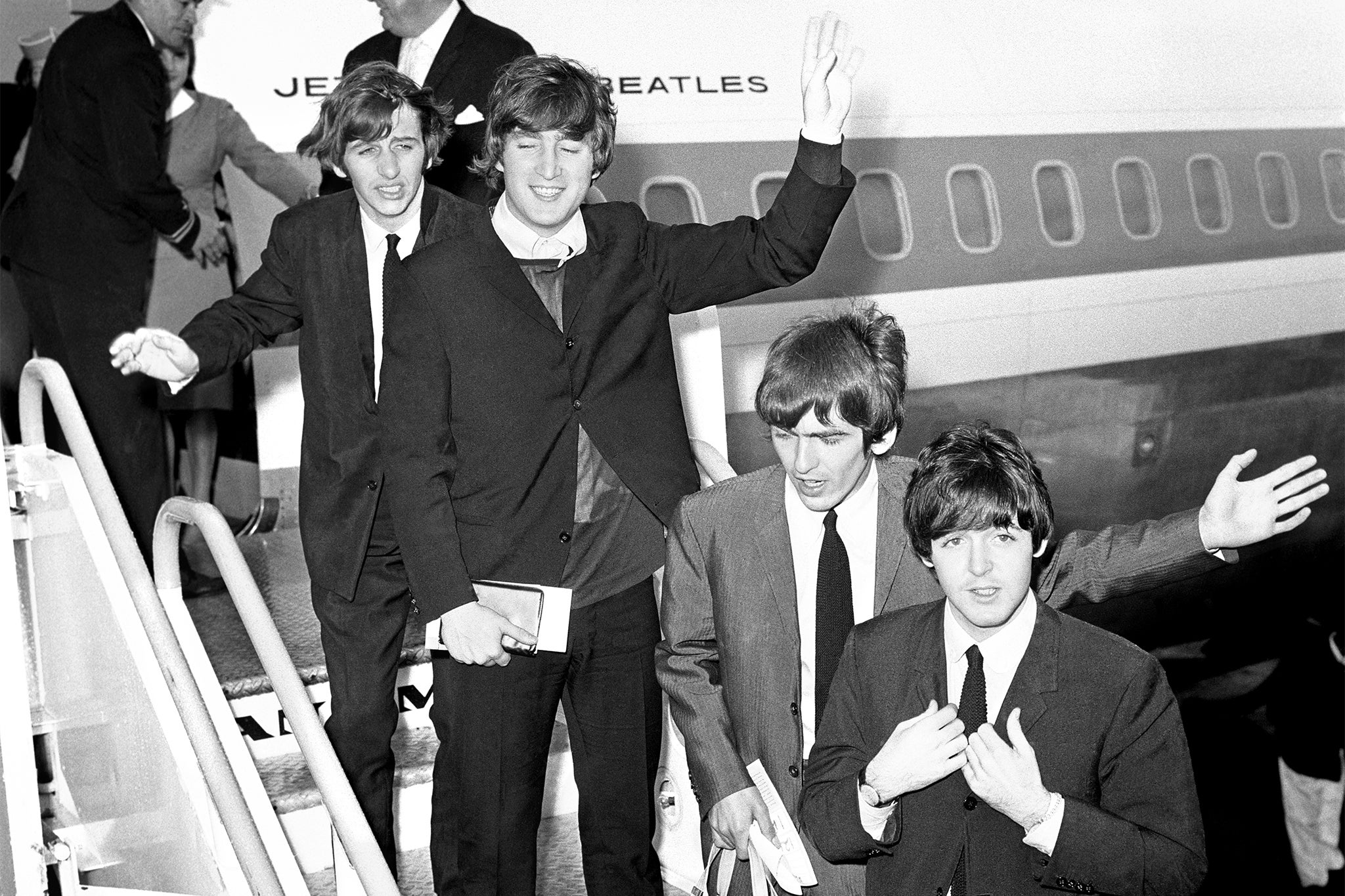
The term "Beatlemaniac" is a playful yet fitting descriptor for the Beatles' most devoted fans. But what does it really mean to be a Beatlemaniac? To answer this question, we must explore the characteristics that define this passionate fanbase.
At the heart of being a Beatlemaniac is an unbridled enthusiasm for the Beatles and their music. Beatlemaniacs are known for their deep connection to the band's songs, lyrics, and overall message. This connection often goes beyond mere admiration—it's a profound love that shapes their identity and influences their lives in meaningful ways.
During the height of Beatlemania, fans would go to great lengths to catch a glimpse of the band or attend their concerts. Stories of fans camping out overnight to buy concert tickets, chasing after the Beatles' tour bus, or even fainting at the sight of their idols were commonplace. This level of devotion was unprecedented and became a defining characteristic of Beatlemaniacs.
A Sense of Community and Belonging

Another key aspect of being a Beatlemaniac is the sense of community that comes with it. From the very beginning, Beatles fans found themselves part of a larger, like-minded group of people who shared their passion for the band. This sense of belonging was particularly important during the 1960s, a time of significant social and cultural change.
Beatlemaniacs bonded over their shared love of the Beatles, whether through attending concerts, collecting memorabilia, or simply discussing the band's latest releases. This camaraderie helped to create a strong, interconnected fanbase that spanned across different regions and cultures.
Enduring Legacy and Continued Influence

While the peak of Beatlemania may have been in the 1960s, the spirit of being a Beatlemaniac has endured for decades. The Beatles' music continues to resonate with new generations of fans, and the term "Beatlemaniac" remains relevant today. Modern Beatlemaniacs are just as passionate as their predecessors, often engaging with the band's legacy through tribute concerts, fan conventions, and online communities.
The Beatles' influence on music, fashion, and culture is still felt today, and their fans play a crucial role in keeping that legacy alive. Being a Beatlemaniac is not just about being a fan—it's about being part of a global movement that celebrates the timeless appeal of the Beatles and their impact on the world.
The Evolution of the Beatles' Fanbase

Over the years, the Beatles' fanbase has evolved in interesting ways, reflecting the changing times while still maintaining the core essence of what it means to be a Beatlemaniac.
The 1960s: The Golden Age of Beatlemania
The 1960s were undoubtedly the golden age of Beatlemania. This was a time when the Beatles were at the height of their fame, and their fans were some of the most dedicated and vocal in history. Beatlemaniacs of this era were typically young, often teenage girls, who were drawn to the band's charismatic personalities, catchy tunes, and the sense of freedom and rebellion that the Beatles represented.
During this time, the Beatles' fanbase was highly visible, with fans lining the streets to catch a glimpse of the band or screaming at the top of their lungs during concerts. The media played a significant role in fueling Beatlemania, with newspapers, magazines, and television programs covering every aspect of the band's lives.
The 1970s and 1980s: The Rise of Nostalgia
As the Beatles disbanded in 1970, the nature of their fanbase began to shift. While Beatlemania as a cultural phenomenon started to wane, the sense of nostalgia for the band's music and legacy began to grow. Fans who had experienced Beatlemania firsthand continued to celebrate the band's music, even as they aged and entered new phases of their lives.
During the 1970s and 1980s, the Beatles' fanbase became more reflective, with fans looking back on the band's impact with fondness. The release of compilation albums, documentaries, and reissues of the Beatles' music helped to keep their legacy alive, and new generations of fans were introduced to the band's work.
The Modern Era: A Global and Diverse Fanbase
Today, the Beatles' fanbase is more global and diverse than ever before. Thanks to the internet and social media, fans from all over the world can connect and share their love for the band. Online communities, fan forums, and social media groups have become important spaces for Beatlemaniacs to discuss the band's music, share rare recordings, and celebrate milestones in the Beatles' history.
Modern Beatlemaniacs come from all walks of life and span multiple generations. While the original fans who experienced Beatlemania in the 1960s are now older, younger fans continue to discover the Beatles' music and become passionate about the band's legacy. The term "Beatlemaniac" has thus evolved to encompass a wide range of people, united by their love for the Beatles.
The Enduring Appeal of the Beatles
.jpg)
So why has the term "Beatlemaniac" persisted for so long? The answer lies in the enduring appeal of the Beatles themselves. The band's music, with its blend of innovative melodies, thought-provoking lyrics, and universal themes, has a timeless quality that continues to resonate with people of all ages.
The Beatles were more than just musicians—they were cultural icons who influenced everything from fashion to politics. Their message of love, peace, and unity remains relevant today, and their ability to connect with audiences on a deep emotional level is unmatched.
For Beatlemaniacs, being a fan of the Beatles is about more than just enjoying their music—it's about embracing a way of life that values creativity, individuality, and the power of music to bring people together. Whether you're a fan who experienced the original wave of Beatlemania or a newcomer discovering the band for the first time, being a Beatlemaniac means being part of something truly special.
The Legacy of Beatlemaniacs

The term "Beatlemaniac" is more than just a label—it's a badge of honor for fans who have devoted themselves to the Beatles' music and legacy. From the height of Beatlemania in the 1960s to the global, diverse fanbase of today, Beatlemaniacs have played a crucial role in keeping the spirit of the Beatles alive.
The Beatles' influence on music and culture is undeniable, and their fans are a testament to the band's lasting impact. Whether you're singing along to "Hey Jude," analyzing the lyrics of "A Day in the Life," or simply appreciating the artistry of "Sgt. Pepper's Lonely Hearts Club Band," being a Beatlemaniac is about celebrating the timeless magic of the Beatles.
As long as there are people who find joy, inspiration, and meaning in the Beatles' music, the legacy of Beatlemaniacs will continue to thrive, ensuring that the Beatles remain a cherished part of our cultural heritage for generations to come.
